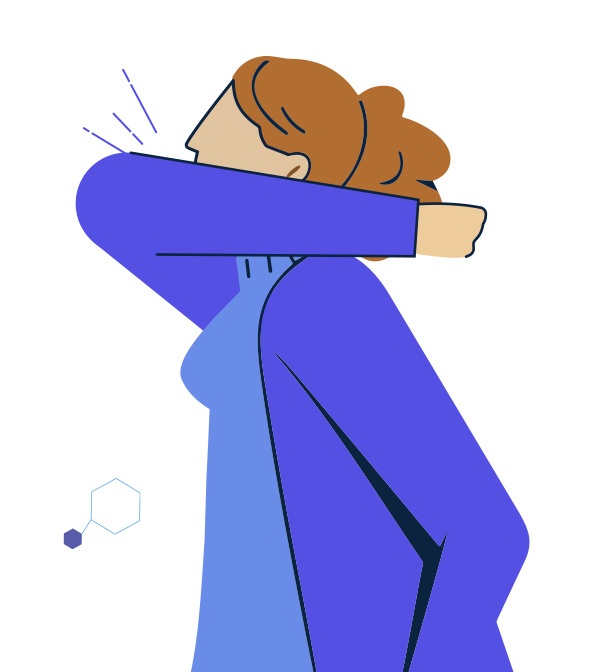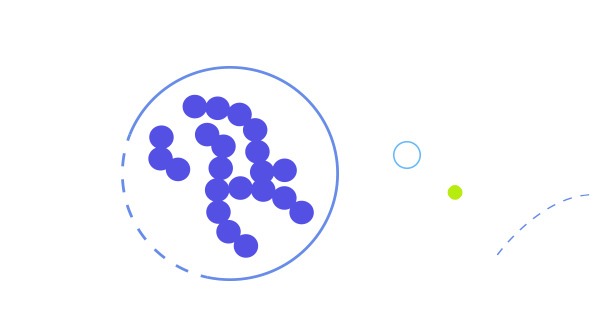Understanding adult pneumonia: causes, symptoms and risk factors
Pneumonia is an infection of the lungs that can cause serious complications
October 27, 2023

What is pneumonia?
Pneumonia is an infection of one or both lungs that can make it difficult to breathe and limit your ability to get sufficient oxygen. In 2019, pneumonia was the second leading cause of hospital admissions for U.S. adults.

What are the signs and symptoms of pneumonia?
Pneumonia can present differently in people based on a variety of factors, but common symptoms include:

Fever

Wheezing / difficulty breathing

Cough

Chills

Rapid breathing

Chest pains

Confusion

Loss of appetite
Which adults are most at risk?
Anyone can get pneumonia, but older adults are particularly at risk.
Medical conditions such as diabetes, chronic heart disease, COPD and HIV can also increase risks of pneumonia — even in younger adults.

What can cause pneumonia?
There are two main types of pneumonia — viral pneumonia and bacterial pneumonia.
Bacterial pneumonia is often caused by the bacteria Streptococcus pneumoniae.
Pneumococcal pneumonia is one of the most common infections caused by this bacteria.


How does pneumonia spread?
Viral and bacterial pneumonias are contagious. People who are infected can spread the virus or the bacteria with respiratory droplets in the air when they cough, sneeze or talk. People can occasionally catch pneumonia by touching something that has the virus or bacteria on it and then touching their noses or mouths.


